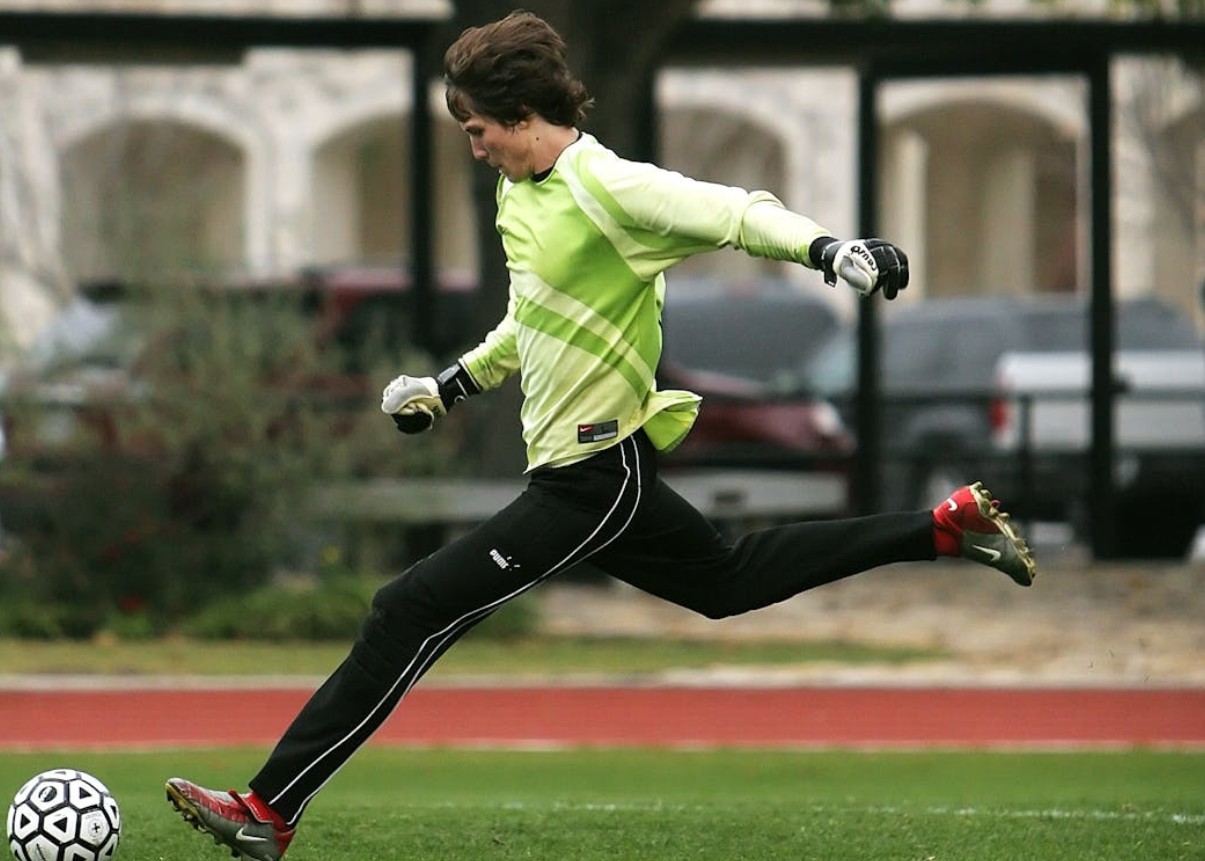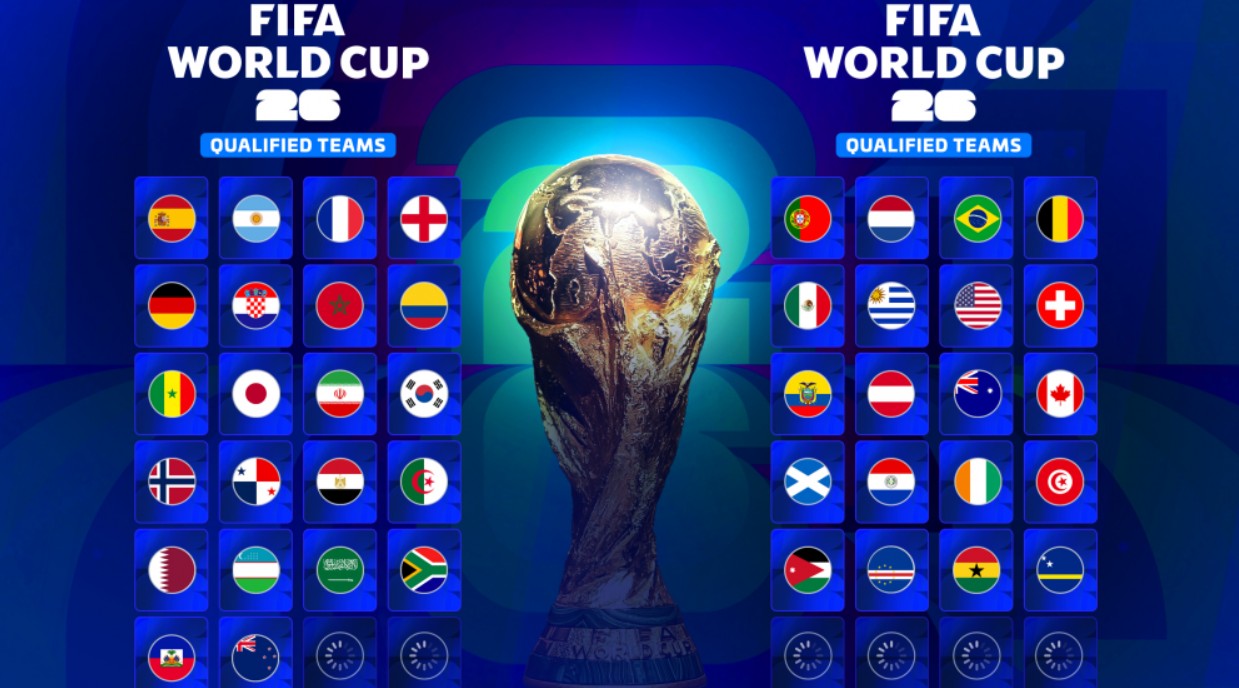Sleep, Travel, and Time Zones: The Invisible Impact on Away Teams
In top football, even the tiniest edge can shape t

In top football, even the tiniest edge can shape the result of a game. While supporters and experts focus on line-ups, player quality, and tactics, another major aspect is missed: the physical and practical troubles of travelling. Opposing sides face more than just loud fans-they battle with time differences, upset sleep patterns, and strange routines. These unseen issues can affect outcomes, much of the time in ways that the final score doesn't show.
Why This Matters Beyond the Pitch
Understanding how travel and sleep affect performance isn’t just for sports scientists. In the world of online betting, where odds are crafted with razor-thin margins, any overlooked variable is a potential edge. While public money chases team news or star returns, those who place bets on bizbet or similar platforms and dig deeper into team travel schedules and circadian disruptions may spot patterns that odds-makers undervalue.
The Sleep Science Behind Performance
Footballers are athletes, and as such, they require very fine tuning. Both their physical and mental agility depends on the quality of sleep and its timing. Scientific evidence shows that even a 2–3 hour shift in sleep deprivation can significantly degrade sprint performance as well as reaction time and the accuracy of decision-making. This proves not to be a mere theoretical matter since football is played with mistimed tackles, misplaced passes, and slow defensive recovery.
When teams travel across time zones—even just one or two—they disrupt their sleep cycles. A 9 PM kickoff in Turkey might feel like midnight for a Spanish team used to Western European time. If that match is preceded by a 4-hour flight and media obligations, recovery windows shrink, especially when matches are packed tightly together.
West-to-East Travel: The Silent Disruptor
Most people know that flying long-haul from Europe to Asia causes jet lag. But what’s less commonly understood is how even short-haul, eastward flights can quietly undermine performance.
Research in chronobiology shows that traveling eastward is tougher on the body than traveling westward. That’s because it's harder to advance your circadian clock than delay it. For example, when an English team plays an early evening Europa League match in Eastern Europe, their bodies are biologically primed for a mid-afternoon tempo. This mismatch often leads to flat starts, lower pressing intensity, and slower transitions.
Performance Data That Suggests a Pattern
Clubs hardly ever release sleep or fatigue metrics, but certain patterns in the matches give us some useful clues. The teams that travel east usually show these trends:
- Lower xG in the first half
- More second-half substitutions due to early fatigue
- Reduced sprint distance compared to home matches
In the 2022–2024 Europa League seasons, teams from the UK who traveled two or more time zones eastward had a win rate 12% lower than their average in other away matches. These stats don't scream headlines, but they whisper insights—particularly for in-play strategy or handicap predictions.
Sleep Deprivation & Tactical Impact
Fatigue doesn't only slow players—it reshapes team behavior. Coaches may instruct their sides to sit deeper, reduce pressing intensity, or conserve energy. That often leads to fewer chances, fewer goals, and a slower tempo. A game that looks "boring" might in fact be a masterclass in energy management, driven by travel-related fatigue.
What Smart Clubs Are Doing
Elite teams are starting to invest in "sleep coaches," melatonin-assisted scheduling, and adjusted meal times to prepare bodies for new time zones. Manchester City, for example, tracks player sleep metrics during international breaks to plan re-acclimatization windows. But even then, success isn’t guaranteed—biological clocks don’t reset on command.
Final Thought: Look Beyond the Obvious
Analysis in football is rather easy to focus on the tangible elements—not only lineups, injuries, and past results. The unseen factors are just as important. Sleep science, travel direction, and circadian misalignment greatly affect player performance—generally overlooked by fans and bettors alike. For those involved in online betting or performance modeling, an awareness of these subtle details can provide a leg up where algorithms and opponents might miss.







